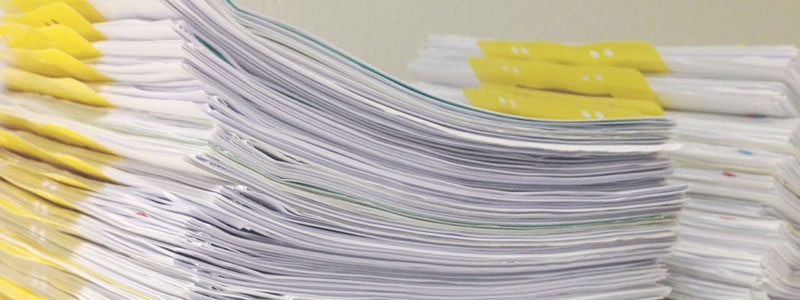Can I Receive Disability Benefits If I’m Self-Employed?
Self-employment means that you operate a trade, business, or profession either by yourself or with a partner or spouse. This includes independent contractors and sole proprietors of small businesses, freelance performers and professionals. Being your own boss comes with its own freedoms and responsibilities. However, if you become ill or are unable to work because […]

Available 24/7
Free Case Review
You won’t pay any fees until we win your case.
It’s easy - you can:

